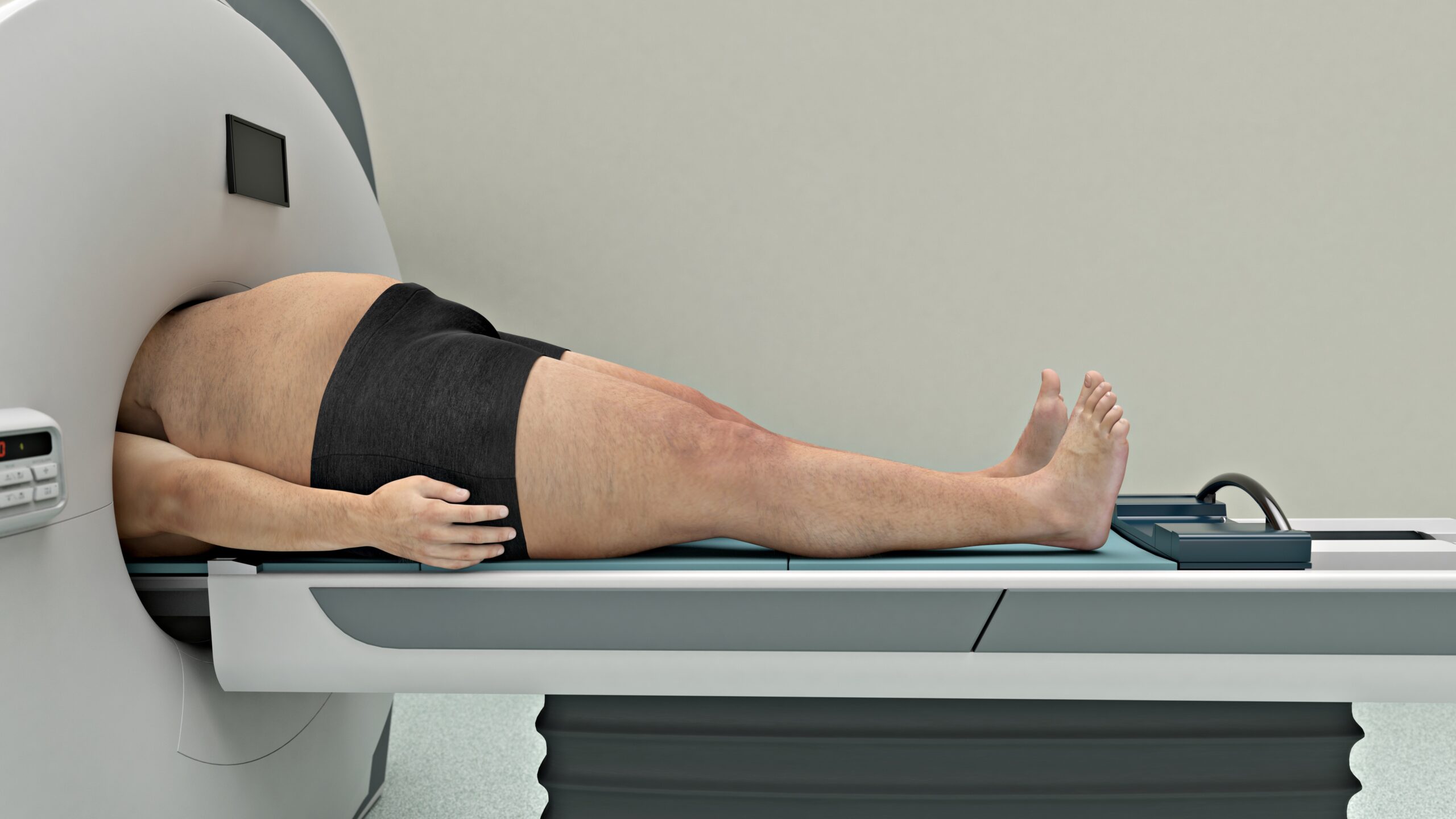Health Check: Experts deliver their verdict on the Healius imaging deal and it’s ‘yeah nah’

Pic via Getty Images
Health Check is renowned biotech journo Tim Boreham’s daily wrap covering morning movers and shakers of note in the ASX Healthcare sector, Monday through Thursday.
- Broking analysts are cool on the Healius deal to offload its imaging arm, but await more details
- Immutep says ‘oui’ and ‘merci’ to French R&D incentive
- Bioxyne unveils a new cannabis gummy and flower deal
Broking analysts are proving to be a tough crowd with their view on Healius (ASX:HLS) after the pathology giant yesterday sold its Lumos Imaging (radiology) arm to Affinity Equity Partners for an enterprise value of $965 million.
The prevailing view is that the acquisition price was higher than expected, as was the envisaged net cash proceeds of more than $800 million.
The proceeds will be used to pay off debt – currently at uncomfortable levels – with excess capital returned to shareholders in a “tax efficient manner”.
The smart money is on a share buyback.
But concerns persist about the ongoing pathology division’s margins and how the earnings void will be filled.
Retaining the stock as a ‘sell’, Citi forecasts a 6% profit margin (based on earnings before interest and tax) for the bonsaied Healius in the 2026-27 year, compared with 10% and 12% for listed rivals Australian Clinical Labs (ASX:ACL) and Sonic Healthcare (ASX:SHL) respectively.
Macquarie’s health gurus note the $800 million represents an earnings multiple of 17 times, when the firm only expected 12 to 14 times.
The firm reckons the deployment of capital and the debt reduction can offset the impact of the lost Lumus earnings, albeit with group earnings expected to decline 45% post sale.
But “we are looking for further details in relation to the quantum of net proceeds and use of excess funds.”
Another school of thought is that the long-vaunted divestment was mistimed, because the performance of Lumus had been improving under new Healius CEO and former Ten Network chief Paul Anderson.
Interestingly, Lumus contributed $475 million of Healius’ revenue of $1.7 billion in the 2023-34 year – 28% – but $42 million of ebit of $65 million (two-thirds). But the Lumus business is more capital intensive.
Macquarie has a ‘neutral’ call on the stock, which is better than a sell we guess.
Despite dipping 1% today to $1.72 Healius shares have gained about 6.5% since Monday’s announcement, so maybe the wider corpus of investors is not so grumpy.
Immutep says ‘merci’ to Gallic cash
While Australia’s research and development tax incentive scheme has been a strong incentive for drug developers to do their clinical work here, it’s worth remembering that other countries have similar programs.
In the case of immune-oncological drug developer Immutep (ASX:IMM), the company has pocketed $3.6 million from the French government’s Credit d’Impot Recherche scheme.
Yes – that translates to ‘research tax credit’.
The scheme reimburses 30% of legible expenditure and applies to R&D work taking place anywhere in the European Union, which belies the unfair reputation of the French as being a tad insular and superior.
Via a subsidiary, Immutep has a research lab in France and, indeed, the company has French origins.
In the meantime, Immutep also qualifies for the more generous Australian scheme, set at 18.5 percentage points above a company’s corporate tax rate.
The Gallic funds will be used to support clinical development of its lead candidate, the immune system activator eftilagimod alpha.
Meanwhile Immutep shares yesterday were added to the ASX300 share index, but there’s been no ooh la la: the shares have lost 10% since the September 9 inclusion announcement and this morning were steady at 35 cents.
So much for the line that index fundies will rush to buy a new inclusion because they are obliged to do so – or maybe we’re just being impatient and the valuation inflexion will become apparent with the effluxion of time.
Bioxyne strikes new cannabis gummy and flower deal
Medicinal cannabis products supplier Bioxyne (ASX:BXN) has amended a manufacturing and supply agreement with an existing Australian customer that is expected to deliver close to $6 million in annualised sales.
The deal, with Aura Therapeutics, is via Bioxyne subsidiary Breathe Life Sciences (BLS).
“Based on the terms and agreement and forecast volumes signed off by the customer, BLS can reasonably expect to generate up to $5.94 million in sales on an annualised basis,” Bioxyne says.
Of the revenue, $3.14 million is expected to derive from the gummies and $2.8 million from THC flower.
If the wording sounds measured and specific, you’re right.
That’s because on August 23 the bourse queried the company on the wording of an August 21 announcement of a forecast minimum $28 million gummy supply deal with “one of Australia’s largest cannabis companies”.
The query was prompted by Bioxyne surging 240%, to 1.7 cents. In part the ASX cops wanted to know why the company didn’t make the announcement earlier, who the client was and why it could be confident of the $28 million figure.
Bioxyne replied that the figure was justified by an initial order of $1.6 million and extrapolated from the client’s forecast of ongoing monthly purchase of $1.2 million a month up to December 2024.
The supply deal was struck on July 25 but the announcement was delayed because, in part, the company was waiting for a machinery shipment from China to ensure the order could be fulfilled.
The company also disclosed the client as Montu Group.
Locally, BLS is the first Australian manufacturer to complete a commercial production run of pharmaceutical grade GMP-certified THC gummies.
Currently, cannabis gummies prescribed to patients in Australia have to be produced overseas and then imported.
Bioxyne reported revenue of $9.65 million for the year to June 2024, so the new contracts suggest there will be quite a leg-up in the current financial year.
Bioxyne shares this morning were steady at 1.3 cents.
At Stockhead we tell it like it is. While Bioxyne is a Stockhead advertiser at the time of writing, it did not sponsor this article.

UNLOCK INSIGHTS
Discover the untold stories of emerging ASX stocks.
Daily news and expert analysis, it's free to subscribe.
By proceeding, you confirm you understand that we handle personal information in accordance with our Privacy Policy.








